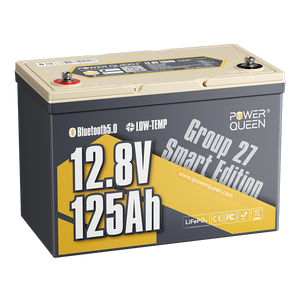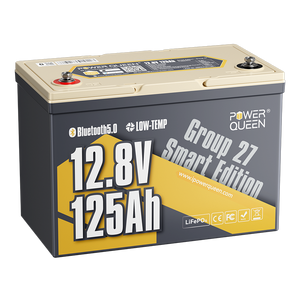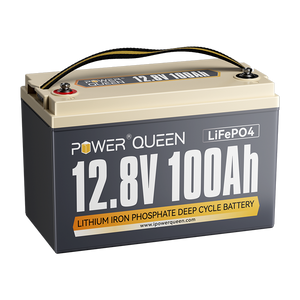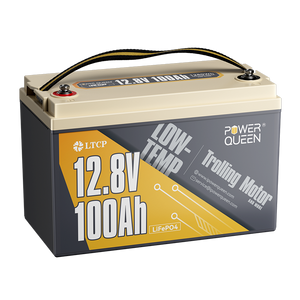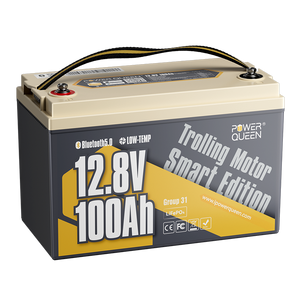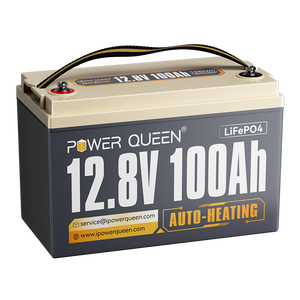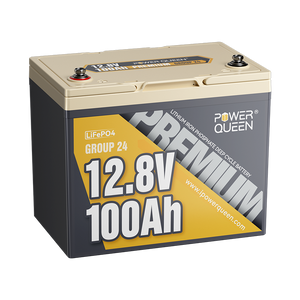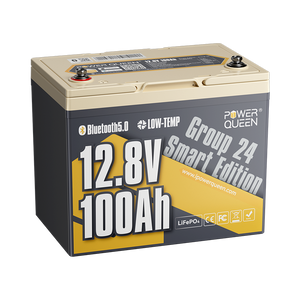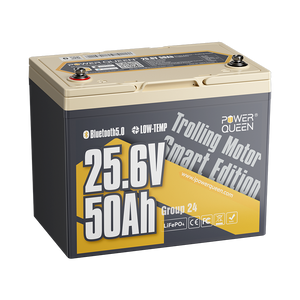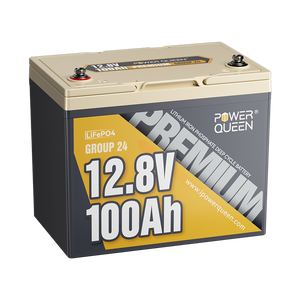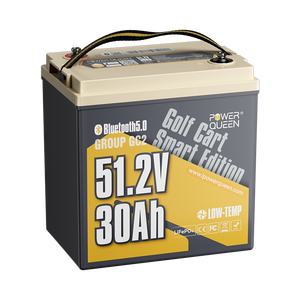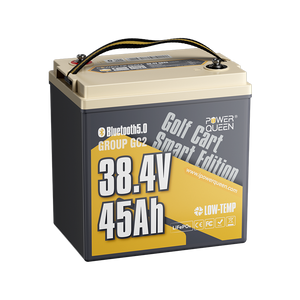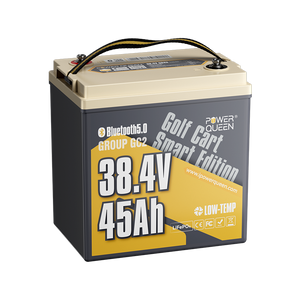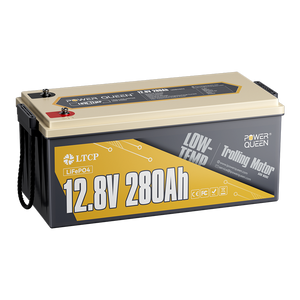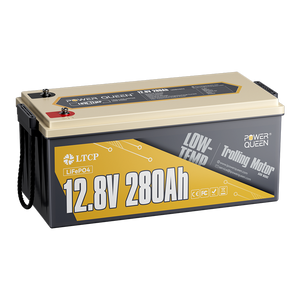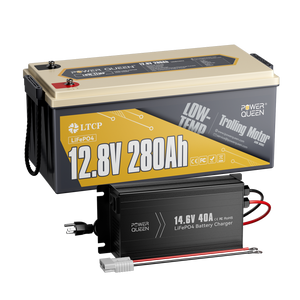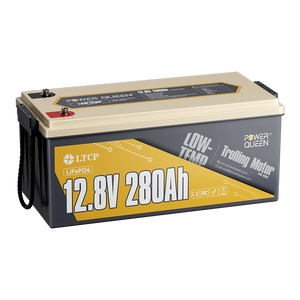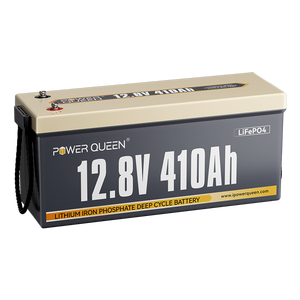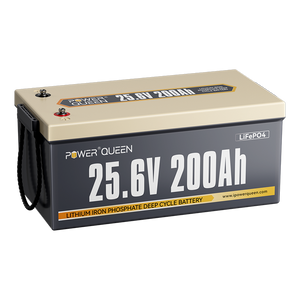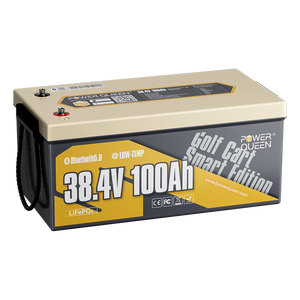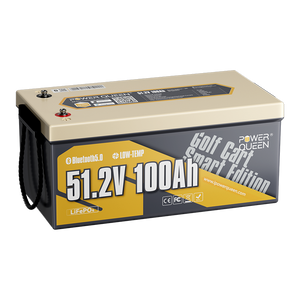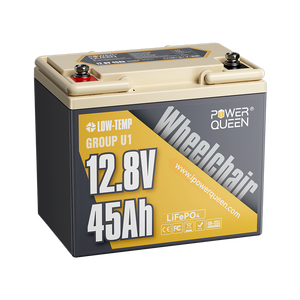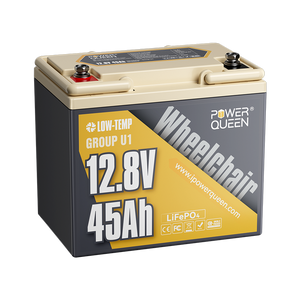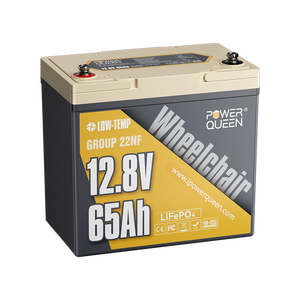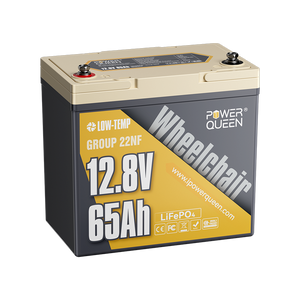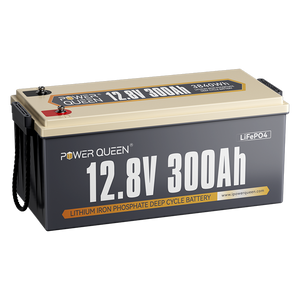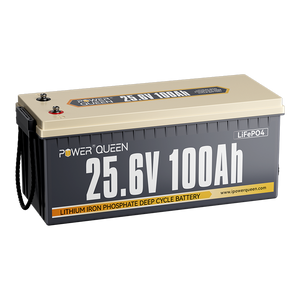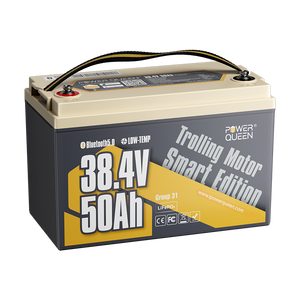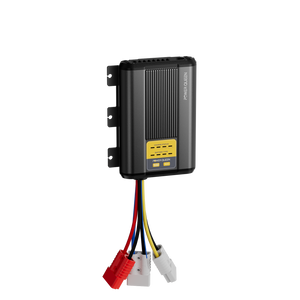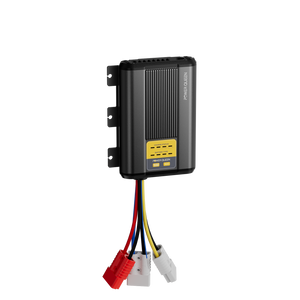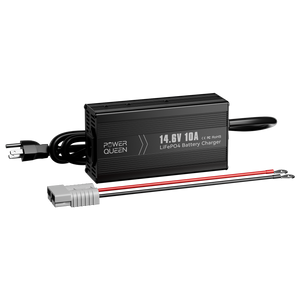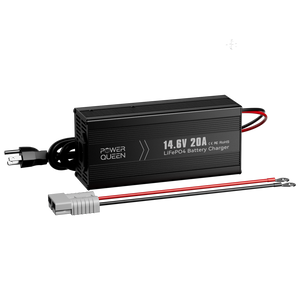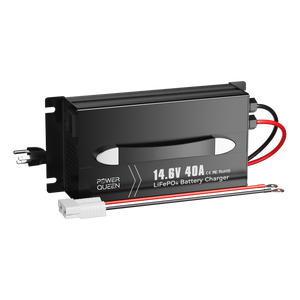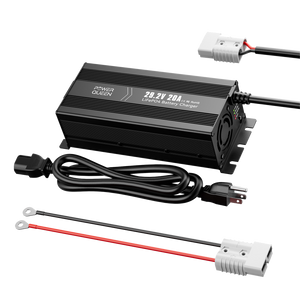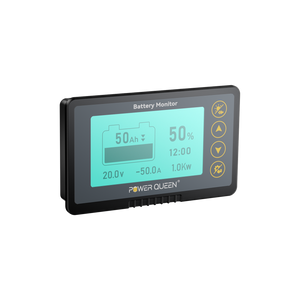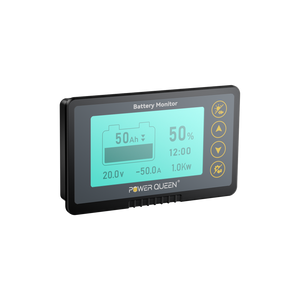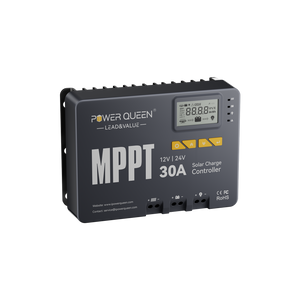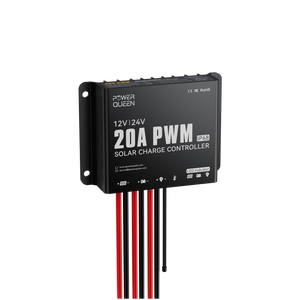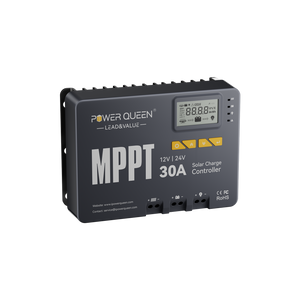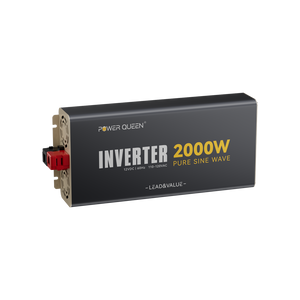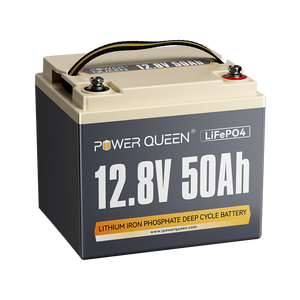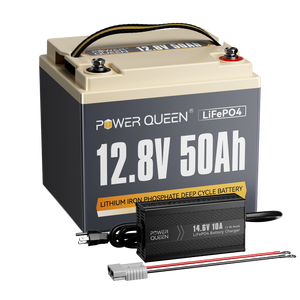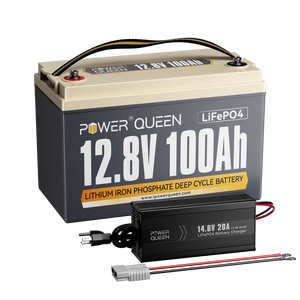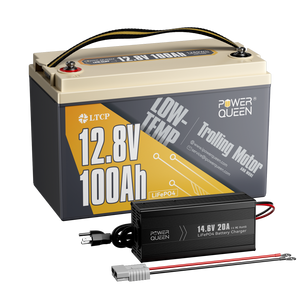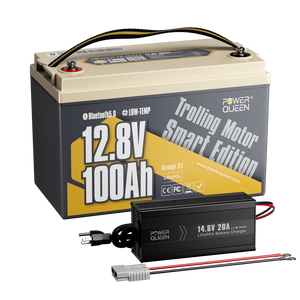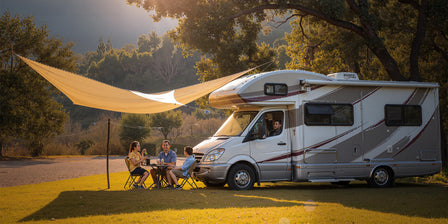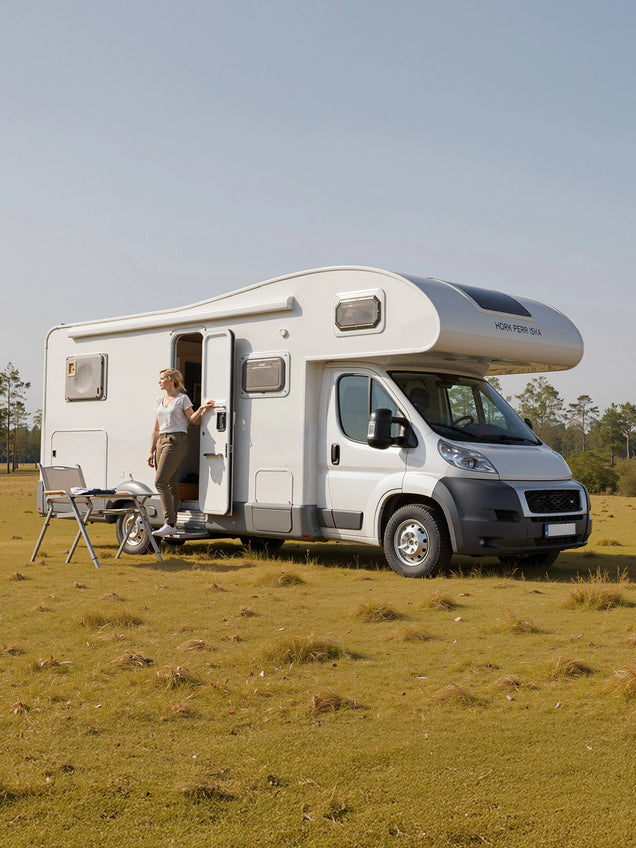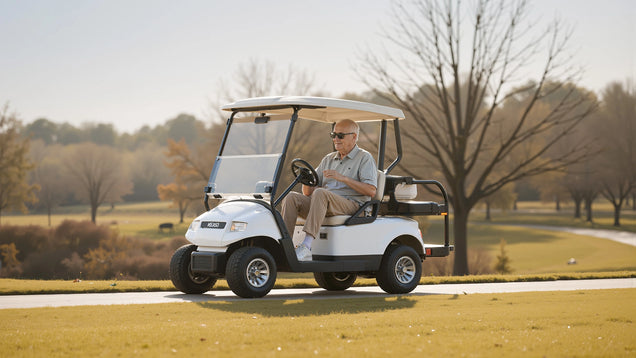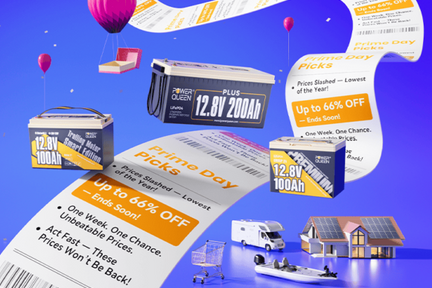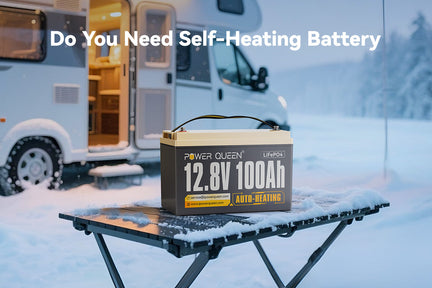AGM vs. Lithium Batteries: Which Is Better for RVs and Marine Use?
In today's world, where portable power is essential for a wide range of applications, selecting the right battery technology is crucial for achieving optimal performance, longevity, and cost efficiency. AGM (Absorbent Glass Mat) batteries and lithium batteries are two popular choices often compared for their unique attributes and uses. Understanding the differences between these battery types is key to making an informed decision.
What is AGM Battery
AGM, or Absorbent Glass Mat, describes an advanced type of lead-acid battery. Unlike conventional lead-acid batteries, AGM batteries incorporate the electrolyte (sulfuric acid) into a fiberglass mat, rendering them spill-proof and maintenance-free.
AGM batteries are popular in applications that require reliable, maintenance-free power storage, such as backup power systems, renewable energy storage, marine and RV applications, and certain automotive uses. Renowned for their ability to deliver high currents on demand, AGM batteries are ideal for scenarios where a dependable power source is crucial.
What is Lithium Battery
A lithium battery is a rechargeable power source that utilizes lithium as an active material, making it a preferred choice across numerous applications. Renowned for their high energy density, low self-discharge rates, and long lifespan, lithium batteries can be recharged hundreds to thousands of times. They come in various chemistries, including lithium-ion (Li-ion), lithium polymer (LiPo), and lithium iron phosphate (LiFePO4), each with distinct characteristics.
Lithium-ion batteries are widely used in consumer electronics like smartphones, laptops, and tablets, as well as in electric vehicles, power tools, and energy storage systems. Their lightweight design and high energy density make them ideal for portable electronic devices and electric vehicles.
Lithium batteries are valued for their ability to deliver substantial power and high energy density, making them the preferred choice for many modern applications. However, proper handling and charging are crucial to ensure safety and maximize their lifespan.
The Comprehensive Comparison of AGM VS Lithium Battery
To understand the performance differences between AGM and lithium batteries, we will assess them based on key parameters. This comparison will highlight which battery excels in each category, enabling you to make a well-informed decision suited to your specific needs.
Depth of Discharge (DoD):
- AGM: Typically offers a depth of discharge around 50%. Exceeding this limit can damage the battery and reduce its lifespan.
- Lithium: Supports much deeper discharges, often exceeding 80% and up to 100% without causing harm. Consequently, a lithium battery of the same capacity can provide up to twice the usable energy compared to an AGM battery.
Lifespan:
- AGM: Typically, AGM batteries have a lifespan of about 300 to 500 cycles, which translates to a service life of approximately 3 to 5 years.
- Lithium: Lithium batteries generally have a much longer lifespan, with cycle counts ranging from 4,000 to 15,000. For example, Power Queen lithium batteries can last between 10 to 15 years.
Size and Weight:
- AGM: AGM batteries are generally quite heavy, with a 12V 100Ah model typically weighing between 63 and 70 lbs.
- Lithium: Lithium batteries are significantly lighter and more compact. For example, a Power Queen 12V 100Ah Group 24 Lithium battery weighs only 21.83 lbs.



Energy Density:
AGM: A Group 24 AGM battery typically has an energy density of about 7.23 Wh/lb.
Lithium: In comparison, a Group 24 lithium battery offers a much higher energy density, around 60.95 Wh/lb.
Charge Time and Efficiency:
AGM: AGM batteries typically have longer charge times and lower charge efficiency compared to lithium batteries. It usually takes about 8 hours to fully charge an AGM battery.
Lithium: Lithium batteries charge faster and with greater efficiency than AGM batteries. Most lithium batteries support 0.2C charging; for instance, a 12V 100Ah lithium battery, with a recommended charging current of 20A, can be fully charged in 5-6 hours. Some lithium batteries, like Power Queen lithium golf cart batteries, support 1C charging, enabling them to be fully charged in just 1-2 hours.

Power Queen 48V 100Ah Golf Cart Smart Deep Cycle Lithium Battery
Maintenance:
AGM: AGM batteries typically require minimal maintenance but may benefit from occasional equalization charging. It's advisable to keep them at full charge when not in use.
Lithium: Lithium batteries require minimal maintenance and do not require regular equalization charging.
Environment Friendly:
Both AGM and lithium batteries are recyclable and offer environmentally friendly options. However, lithium batteries have a slight advantage due to their higher energy density and longer lifespan, which means fewer batteries need recycling over time.
Safety:
AGM: AGM batteries are generally safe but can release hydrogen gas if overcharged or improperly maintained.
Lithium: Lithium-ion batteries do not produce gas accumulation and contain no toxic liquids, making them inherently safe for use without additional safety precautions. Additionally, lithium batteries are equipped with a Battery Management System (BMS) for added protection.
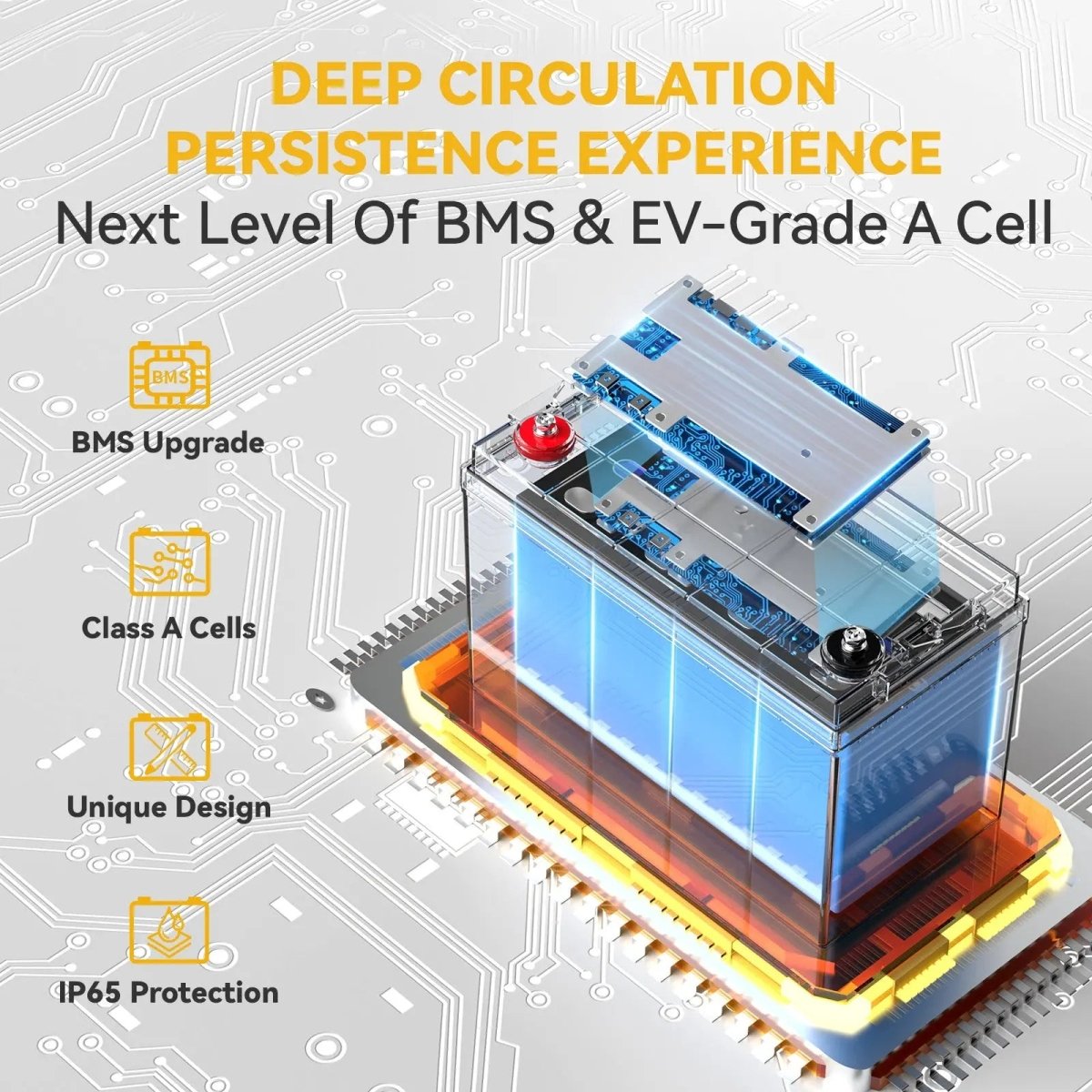
Bluetooth Technology
Lithium batteries offer a significant technological advantage over AGM batteries. For instance, Power Queen Group 24 smart and Golf Cart Smart Deep Cycle Lithium Batteries integrate Bluetooth technology. This feature allows convenient monitoring of battery status at any time, ensuring smooth operation before embarking on boating trips, RV adventures, or UTV excursions.

With Bluetooth connectivity, users can easily check important details such as remaining charge, voltage levels, and temperature. The Power Queen App on your smartphone enables effortless access to all battery data with just a few taps, eliminating guesswork and uncertainty and providing peace of mind in managing power needs.
Initial Cost
Cost plays a pivotal role in choosing between two types of batteries, focusing on two critical factors: initial cost and cost per kWh.
Lithium-ion batteries demand a higher upfront investment. Despite their superior performance in various aspects compared to AGM batteries, the initial cost is notably higher.
AGM batteries emerge as the more economical option in terms of initial investment. However, when assessing lifetime expenses, lithium-ion batteries showcase their superiority due to their markedly extended lifespan.
|
Aspect |
AGM Battery |
Lithium Battery |
|
Depth of Discharge |
Typically around 50% |
Over 80%, up to 100% without damage |
|
Lifespan |
300-500 cycles, 3-5 years |
4000-15000 cycles, 10-15 years |
|
Size and Weight |
Heavier, 12V 100Ah: 63-70lbs |
Lighter, 12V 100Ah: 21lbs |
|
Energy Density |
7.23Wh/lbs |
6X than similar Lead Acid batteries |
|
Charge Time |
Longer charge times |
Shorter charge times |
|
Charge Efficiency |
Lower charge efficiency |
Higher charge efficiency |
|
Maintenance |
Minimal maintenance, occasional equalization charging |
Minimal maintenance, no regular equalization charging |
|
Environmental Impact |
Recyclable, less environmentally friendly due to energy density and shorter lifespan |
Recyclable, more environmentally friendly due to energy density and longer lifespan |
|
Safety |
Generally safe, potential hydrogen gas release if overcharged |
Safer, no gas release, equipped with BMS for protection |
|
Bluetooth |
No |
Yes |
|
Initial Cost |
Lower |
Higher |
Comparison of AGM and Lithium Battery Applications
After assessing the performance of AGM and lithium batteries across various parameters, it's crucial to evaluate their suitability for specific applications.
Not all batteries are universally suitable, and certain models may excel in particular scenarios. Let's explore the specific applications where AGM and lithium batteries are ideally suited:
Leisure Batteries
When choosing leisure batteries for motorhomes or caravans, LFP batteries are highly recommended. In the RV battery market, consumers prioritize factors such as deep cycle life, safety, and minimal maintenance. Lithium leisure batteries, particularly those utilizing lithium iron phosphate (LFP) technology, excel in fulfilling these criteria. For motorhomes integrating lithium batteries, dedicated battery chargers are preferable over built-in chargers to ensure optimal performance.
Marine Batteries
Conventional liquid or gel batteries are not well-suited for marine applications due to their vulnerability to movement, which can impact their effectiveness. In contrast, most lithium batteries are solid-state and devoid of liquids, making them highly compatible with marine environments. Furthermore, advanced marine lithium batteries like the Power Queen Trolling Motor Battery Series are equipped with enhanced Battery Management Systems (BMS) tailored for marine settings. These systems bolster reliability by offering resistance against moisture, dust, water, and salt spray, ensuring robustness in humid and demanding conditions.
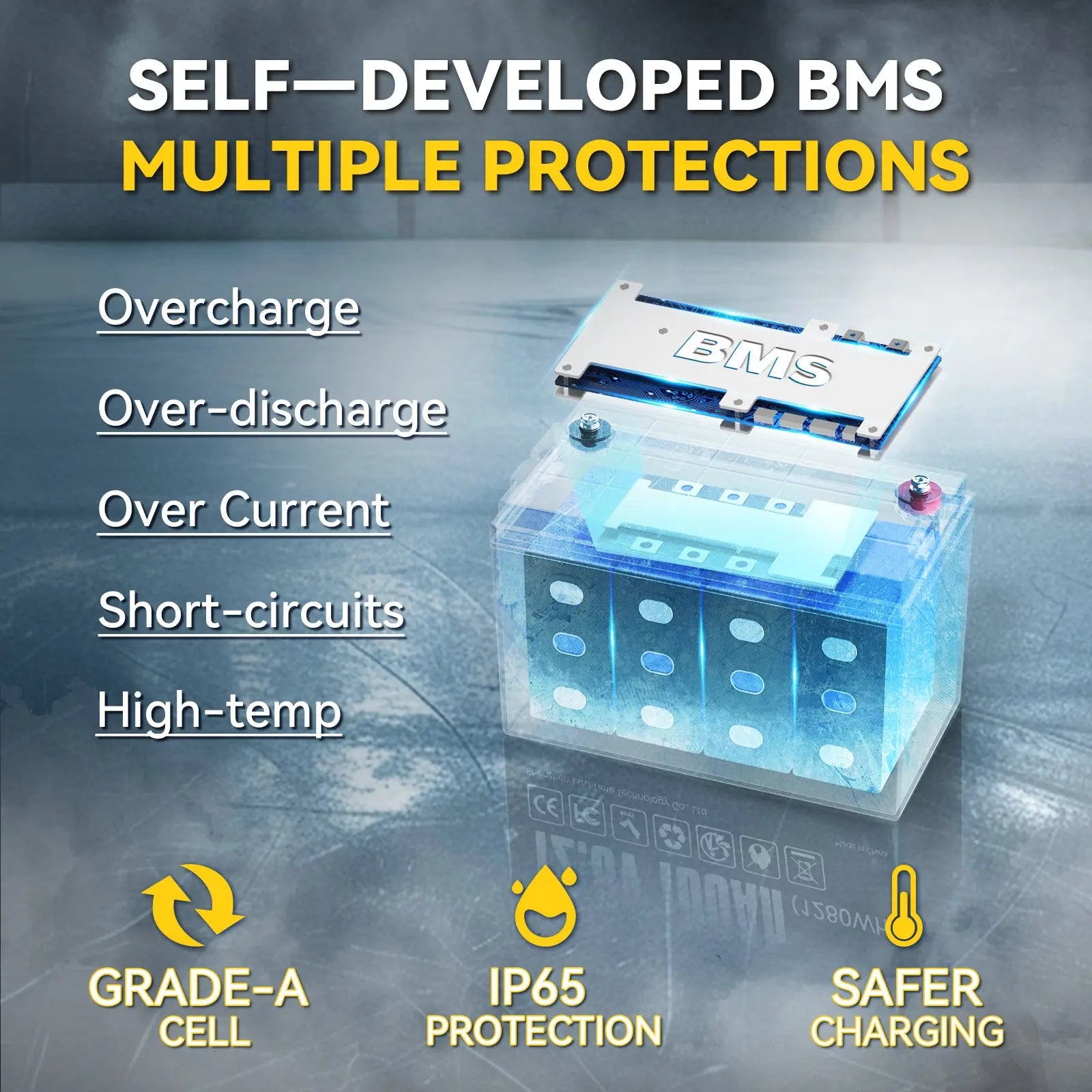
Freezing Conditions
Using batteries in freezing conditions poses challenges, especially with charging, which can be problematic at low temperatures. AGM batteries outperform lithium batteries in this aspect.
However, advanced lithium batteries such as Power Queen Lithium’s LFP batteries integrate a self-heating feature. This capability enables them to function similarly to AGM batteries even in sub-zero conditions.
Solar Energy Storage
Lithium iron phosphate batteries are well-suited for solar energy storage because of their high energy density, deep discharge capabilities, and extended warranty. While the upfront cost of a single AGM battery may be lower, over the lifespan, a single lithium battery can match the performance of 16 AGM batteries. Therefore, for solar storage applications, LFP batteries emerge as the superior choice.
UPS Battery
Similar to the RV battery market, the UPS (Uninterruptible Power Supply) market also leans towards LFP (lithium iron phosphate) batteries. They boast enhanced safety, require minimal maintenance, and offer greater capacity compared to equivalent AGM batteries, making them a more convenient long-term choice for ownership.
The Ultimate Decision
When evaluating lithium and AGM batteries, each exhibits distinct advantages and drawbacks. However, when prioritizing a reliable, efficient, and lightweight maintenance-free solution, the optimal choice becomes evident. Lithium batteries stand out as the superior option for your application. Their enhanced performance, extended lifespan, and integrated Bluetooth technology offer significant ease and convenience. Moreover, they can ultimately save you valuable time and money.
